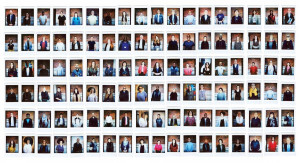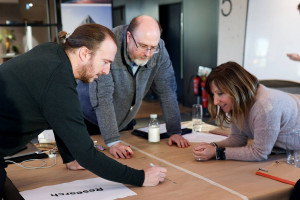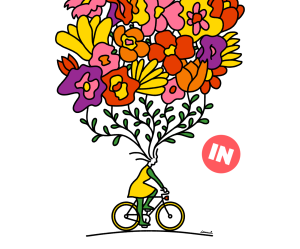Change is social
You won’t change a thing if you don’t bring people with you - a social changework primer

Over the last two decades, members of the Something More Near team have got busy on a wide range of projects - strategic futures, innovation, organisational redesigns, rebranding exercises and customer experience overhauls. Although they varied wildly, the best of these projects always had a common core - they were initiated by clients who wanted to achieve some kind of significant change.
Change in their bottom line, their staff satisfaction, their reputation. As we’ve gotten older, the more we’ve gotten interested in this. We talk about this as the difference between outputs (the things you choose to make and build) and the outcomes (the reason why you decided to do this stuff in the first place).
It’s not enough to commission a project to restructure or innovate. It's not enough to focus on a series of outputs - whether they are reports or websites, exhibitions or new product launches. You need a process that helps realise the ambitions that underpin your plans. You need a process that helps everyone involved understand the outcomes you’re looking for and use them to drive your outputs - and not the other way round. We think of this as the only sane way for a modern organisation to evolve. We call it social changework.
We call it social because nothing sustainable can be achieved in this world without inspiring other people to share a journey with you. Humanity is a social experience. So too are organisations - each one a little society with its own rules and habits, its own jesters and villains and myths and frictions. Change happens in the midst of this. And it is not something that can be achieved by one person. Great ideas need a village to raise them, to nourish them and help them grow. They require groups of people, coming together, learning to live and work and get on together. In different projects these groups might differ dramatically in size and participants - but they learn to develop a shared understanding of the current situation, a desired future and the first steps needed to close the gap between the two.
We call it changework because we want to acknowledge that change isn’t always easy. Unlike the glib slickness of “transformation” culture, we know that it takes time, and energy, and a commitment to learn, unlearn and relearn the skills you need as an individual and an organisation. When done right, this kind of changework doesn’t just create new campaigns or business strategies - the process of working on them forges the change you want to see.



